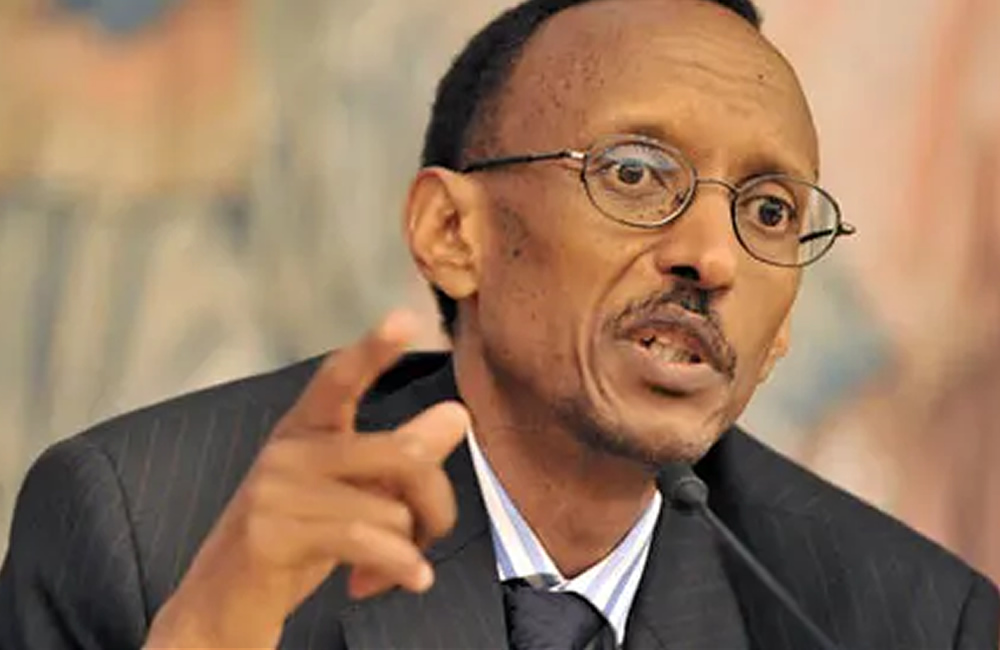Rwandan President Paul Kagame campaigns in Rulindo and Nyarugenge as he seeks re-election for a third term on behalf of RPF
On day six of the RPF Presidential Campaign, the first stop was Rulindo District where more than 200,000 RPF supporters gathered to welcome Chairman President Paul Kagame.
Addressing the crowd at the site, Chairman Kagame said, “RPF politics is not about dividing and destroying. It is about transformation and rebuilding. This is about writing new history of a nation where our children have opportunities to build an even brighter future.”
Thousands of RPF supporters turn up for the campaigns led by the party’s chairman
Thousands of RPF supporters turn up for the campaigns led by the party’s chairman
The population of Rulindo in the Northern Province has seen sensible development in the past few years. Access to water is above national average at 84%, which represents an increase of 20.1% since 2012, whereas the number of hectares with coffee plantations tripled in the last seven years.
The next stop on the campaign rally was in the district of Nyarugenge where more than 100,000 RPF supporters came to meet with RPF Chairman Kagame at Tapis Rouge in Nyamirambo.
Addressing the issue of right to freedom of religion mentioned by the previous speaker – PDI (Parti Democrate Ideal) President Musa Fazil Harerimana – RPF Chairman Kagame said; “We are a nation that respects rights of everyone irrespective of their religion or if they choose not to have a religion. This country belongs to every citizen equally.”
He added: ” We cannot shape who we are in the image of others & based on standards that change as they wish. Let us remain who we are, be proud of who we are and be the best version of ourselves.”
In the district of Nyarugenge, 80% of the population have access to electricity, high above the national average, and they also benefit from 99% total health coverage. In terms of access to water, the number of residents with access to water increased from 74% in 2010 to 92.5% in 2017.

